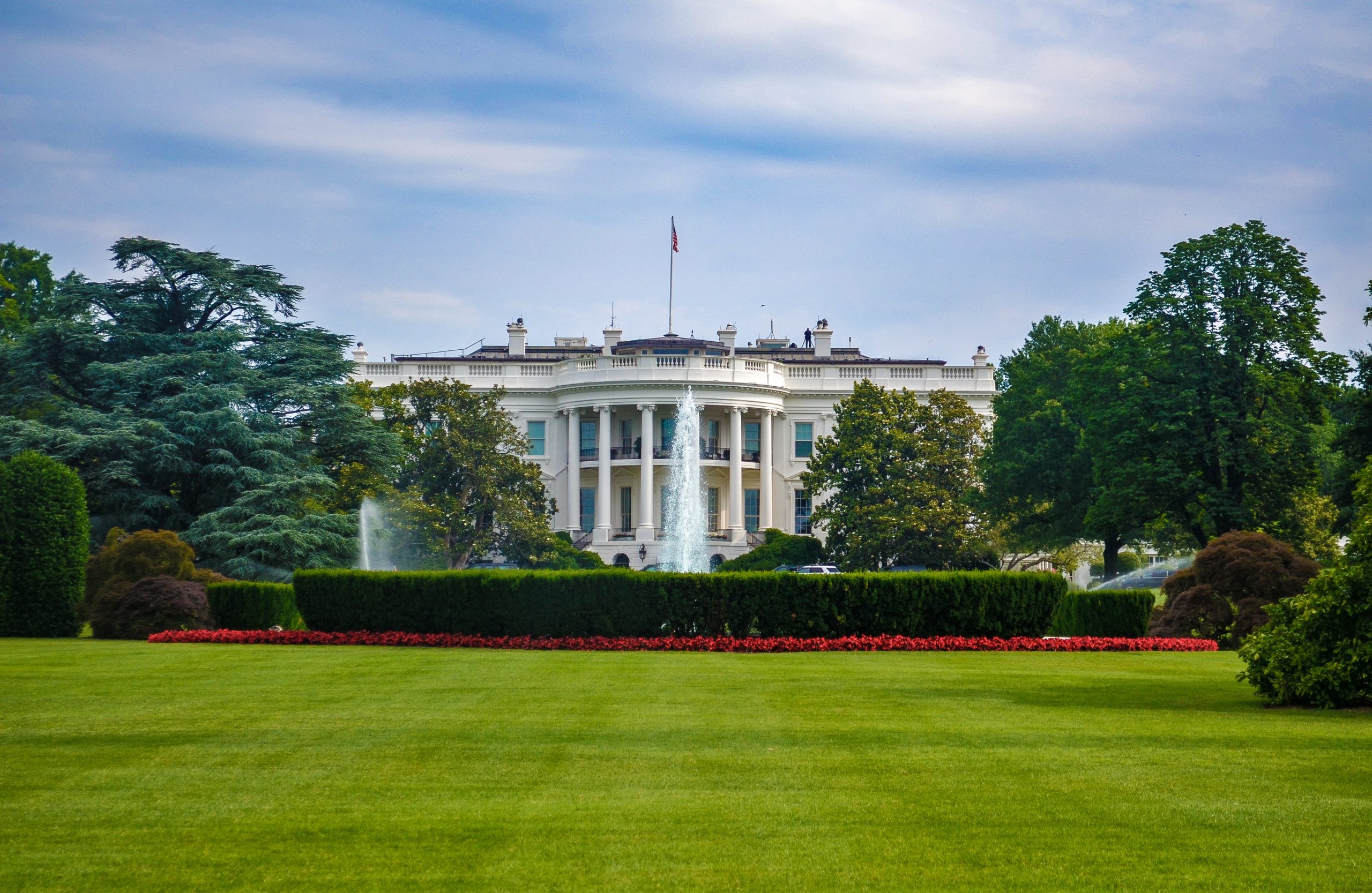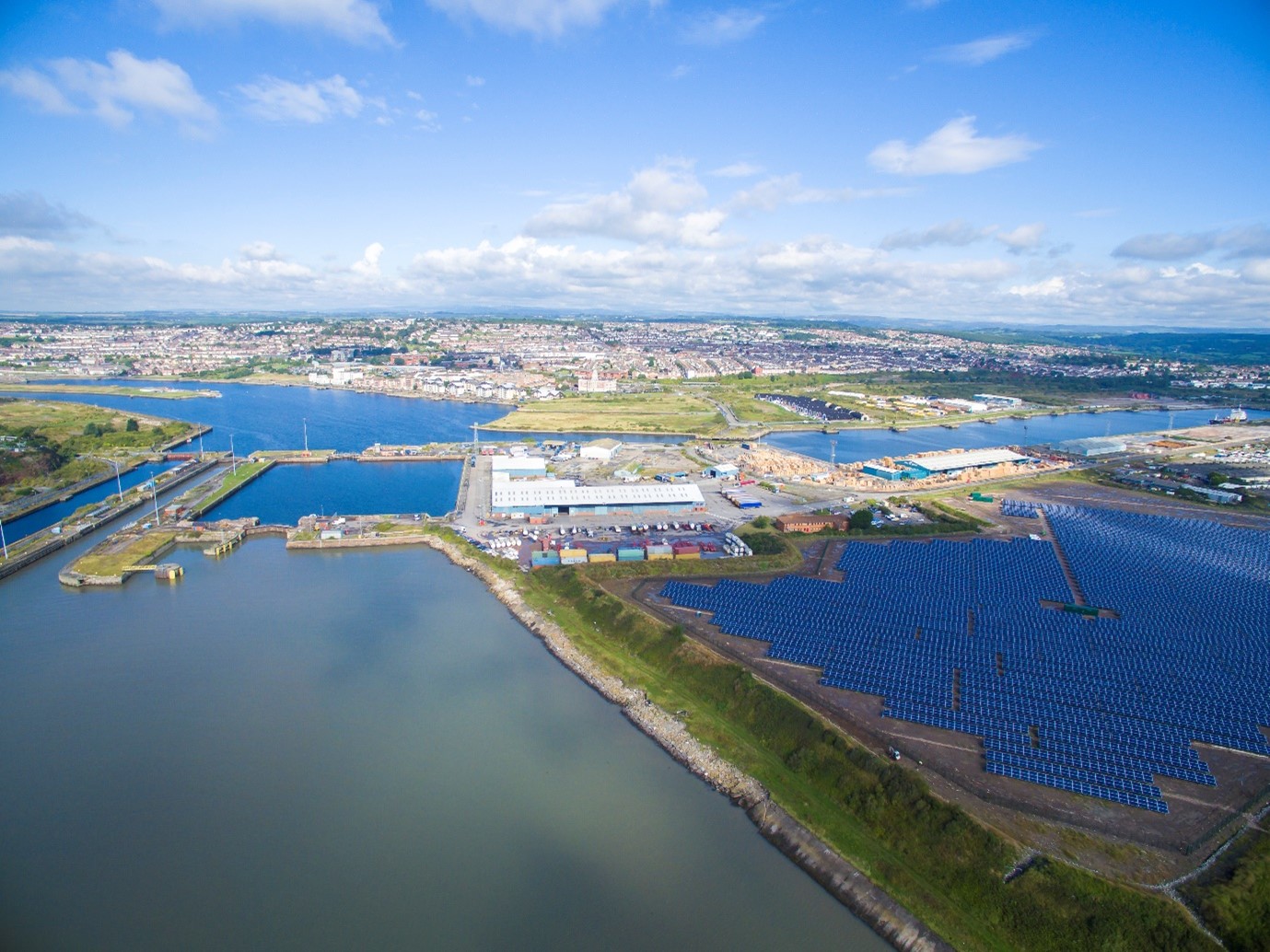How is Cranfield University Addressing Zero-emission Aviation Challenges?

Cranfield University has joined the European Alliance for Zero-Emission Aviation, a voluntary initiative of public and private partners who are helping prepare the market for the entry of zero-emission hydrogen-powered and electric aircraft.
Currently, Cranfield University is the only UK university in the group, and its experts are set to help identify and address the challenges that zero-emissions aircraft have.
The introduction of hydrogen and battery-electric propulsion to combat carbon emissions requires major changes throughout the air transport system. These changes will need to happen in airport operations to air traffic management, energy networks, and airlines.
Collaboration will be needed to amplify the transition to zero-carbon aviation
In 2022, the Alliance was launched by the European Commission to bring together key players including aircraft manufacturers, airlines, airports, energy companies, fuel providers, certification agencies, passenger groups, and regulators.
It aims to provide solutions to the challenges in bringing zero-emission aviation to commercial flight, with working groups addressing topics including hydrogen supply, aviation regulation, and the integration of electric and hydrogen aircraft into European networks.
Professor Dame Helen Atkinson DBE FREng, Pro-Vice-Chancellor of the School of Aerospace, Transport and Manufacturing at Cranfield University explained that the Alliance will be key in seeing the energy transition become a reality.
The Professor said: “Cranfield University is at the forefront of the UK’s efforts to decarbonise aviation. Joining the Alliance builds on our existing strong links into industry and will enable us collectively to really move forward the delivery of zero-carbon emissions flight.”
The university is tackling sustainable aviation challenges
Cranfield University has been researching hydrogen for decades and has a Hydrogen Research Network that spans production, storage, operations, and propulsion.
The University has significant expertise and capabilities relevant to tackling the current challenges of sustainable aviation and the environment, which encompasses decarbonising travel, the green airport, environmental technologies, and sustainable materials and manufacture.
In addition to this, Cranfield was also heavily involved in the Aerospace Technology Institute’s FlyZero programme aiming to realise zero-carbon emissions in commercial aviation by 2030.
Funded by the Department for Business, Energy and Industrial Strategy (now the Department for Business and Trade), the project began in early 2021.
The independent study brought together experts from across the UK to assess the design challenges, manufacturing demands, operational requirements, and market opportunities of potential zero-carbon emission aircraft concepts.
UK universities are coming together to identify aerospace research capability
In addition, the University also spearheads the UK Aerospace Research Consortium’s hydrogen theme led by Professor Bobby Sethi who is the Head of the Low Emissions Technologies and Combustion group.
The UK Aerospace Research Consortium has been created to help organisations to identify and engage with the UK’s best aerospace research capability within its leading universities.
Its partners include the University of Bristol; University of Cambridge; Cranfield University; Imperial College of Science, Technology and Medicine; University of Manchester; University of Nottingham; Queen’s University Belfast; University of Sheffield; University of Southampton; University of Strathclyde and Swansea University.
Cranfield University’s work and involvement in hydrogen research will be vital in driving the transition to more sustainable aviation and will help amplify confidence in hydrogen.

